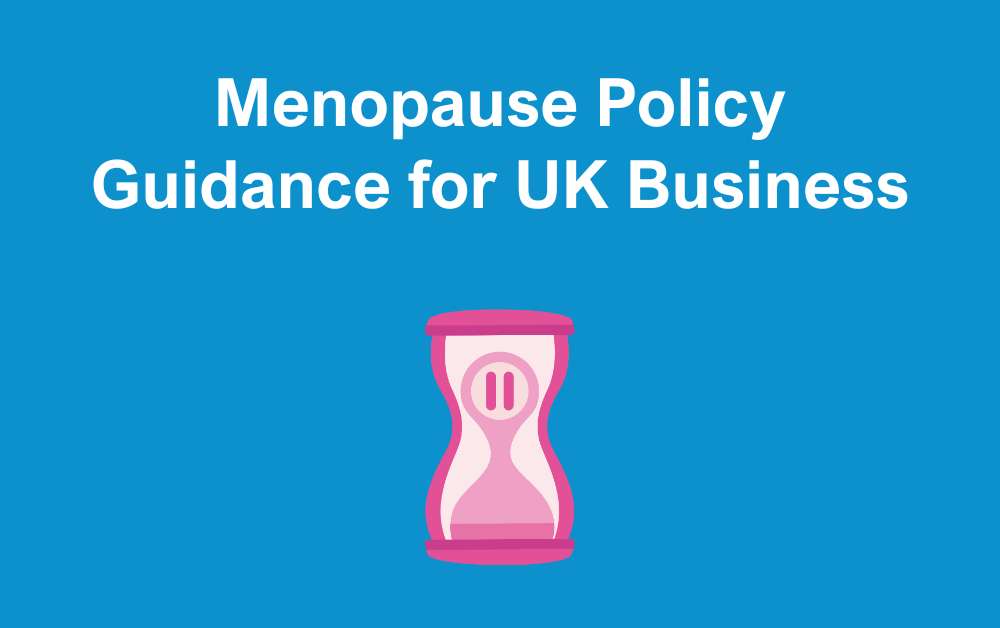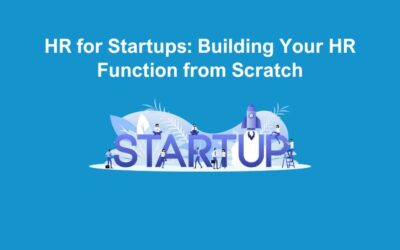In a progressive and inclusive work environment, businesses must ensure that they address and support the unique needs of all their employees. One of the often-overlooked areas in the past has been the challenges faced by women undergoing menopause. As we strive for more inclusive and diverse work environments, it’s crucial to recognise the unique challenges faced by women going through menopause and create policies that support them. In this blog post, we provide guidance on creating an effective menopause policy for UK businesses.
Understanding Menopause
Menopause is a natural phase in a woman’s life. It signifies the end of their reproductive years and comes with various physical, psychological, and emotional changes. Recognising menopause in the workplace policy communicates that an organisation acknowledges and respects the natural transitions in a woman’s life.
Why a Menopause Policy is Essential
- Employee Well-being: Addressing the symptoms and challenges of menopause ensures that employees feel valued and cared for.
- Productivity: Supporting employees through difficult periods can reduce absenteeism and maintain high levels of productivity.
- Legal Protection: Under the UK’s Equality Act 2010, businesses may be required to support menopausal women in certain situations, or else they risk discrimination claims.
Key Elements of a Menopause Policy
- Awareness and Training: Educate staff and management about menopause. Training can debunk myths and create a supportive environment where women feel understood.
- Open Communication: Ensure that women feel comfortable discussing their symptoms and needs with their managers or HR department.
- Flexible Working: Offer flexible working arrangements to accommodate for any challenges brought on by menopausal symptoms.
- Workplace Adjustments: Make necessary environmental changes, such as providing fans, ensuring adequate ventilation, or even considering temperature controls.
- Access to Support Services: Provide access to counselling or occupational health services for those needing more specific guidance or support.
Menopause Policy Implementation Steps
- Consultation: Before drafting a menopause policy, consult with employees to understand their needs and concerns.
- Drafting: Based on the feedback and best practices, draft a comprehensive policy. You can also consider having a legal expert review it. If you would like help with this, feel free to contact our HR Consultants.
- Training: Once the policy is in place, organise training sessions for staff and especially for managers.
- Review: Regularly review and update the policy to ensure it remains relevant and effective.
Championing a Positive Culture
Beyond the policy, it’s essential to foster a culture where age and gender-related challenges are acknowledged without any stigma. Open dialogues and awareness campaigns can break down barriers and create an environment of mutual respect and understanding.
Conclusion
In the modern workplace, it’s crucial for businesses to be proactive in ensuring that they are inclusive and supportive. A menopause policy isn’t just a tick-box exercise; it’s a reflection of a business’s commitment to the well-being and success of all its employees. By understanding, acknowledging, and addressing the challenges of menopause, businesses can ensure they are truly catering to the needs of their entire workforce.







